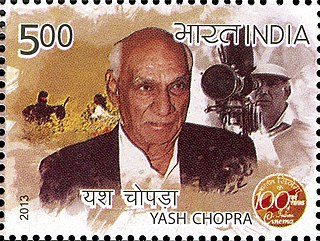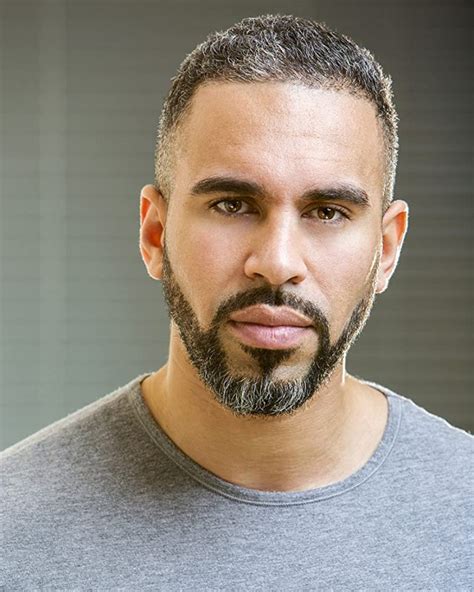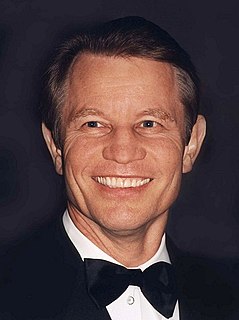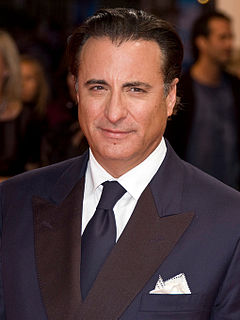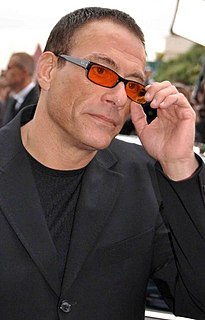A Quote by Michael Haneke
I think that what's important as a director is to give your actors the feeling that they're protected, the feeling of confidence, the feeling that if they make mistakes, then as a director, you'll know how to help them. If you're able to convey that, then the actors will give you wonderful performances. As well as the author, you have to write scenes that give the actors the opportunity to show what they're capable of.
Related Quotes
Actors, I think, are all the same. Both Korean actors and American actors are all very sensitive people, and they are all curious to know what the director thinks of them and how they are evaluated, and they try to satisfy the director. And they like it if you listen carefully to their opinions and accept them.
Your actors need to trust you as a director, but normally, I think you just need to have an open communication between the actors and the director. I think the director needs to really paint his or her vision to the cast and let them know the kind of mood that he or she is making. I think that's very important.
My technicians are my most important tools. Once I establish a rapport with them, then they would understand me in my next film. I wouldn't have to train anyone new. I give a lot of respect to all my technicians, because I'm a technician too. I wouldn't be able to convey a feeling if the writer didn't write it well, and the cameraman didn't shoot it well.
You can give the greatest performance possible, but if you don't have a director who's pointing the camera in the right direction and an editor who's editing it properly, it doesn't matter what you do. The director and the editor are the most important people. Not the actors. Sometimes the writer is important. But if you don't have a good director, you can't have a good production.
Action is cool but it's all down to the director's interpretation at the end of the day, so you have to serve his visions and do what you can. So, you do your job to the best of your ability, you perform the fight and then it's out of your hands. It's then down to the director or the producer. You can give your opinion but often it's not heard. Actors have their riders and all kinds of contract terms and one of my big ones as I continue to make a name for myself as a top action guy is that I design my own action in films and oversee the edit.
In the old days when I first was coming up, you would turn up on set in the morning with your coffee, script, and hangover and you would figure out what you were going to do with the day and how you were going to play the scenes. You would rehearse and then invite the crew in to watch the actors go through the scenes. The actors would go away to makeup and costume and the director and the DP would work out how they were going to cover what the actors had just done.
I love actors, both my parents were actors, and the work with actors is the most enjoyable part of making a film. It's important that they feel protected and are confident they won't be betrayed. When you create that atmosphere of trust, it's in the bag - the actors will do everything to satisfy you.




